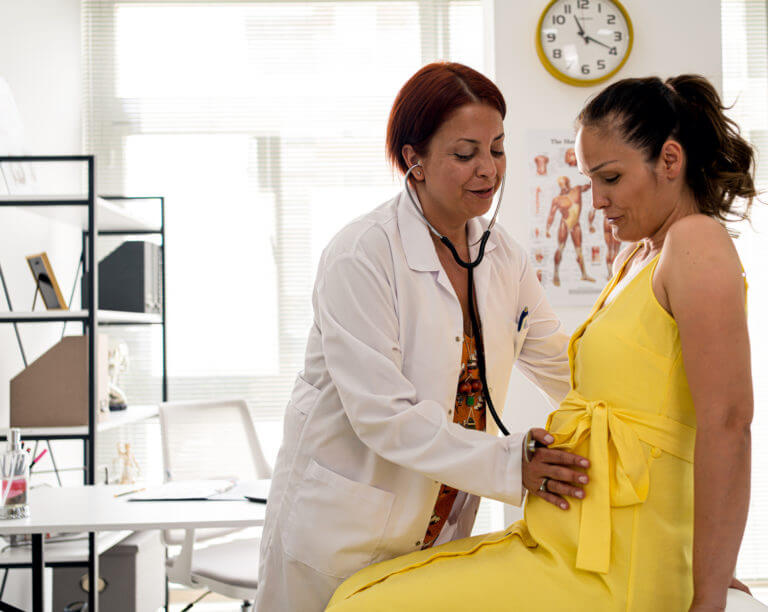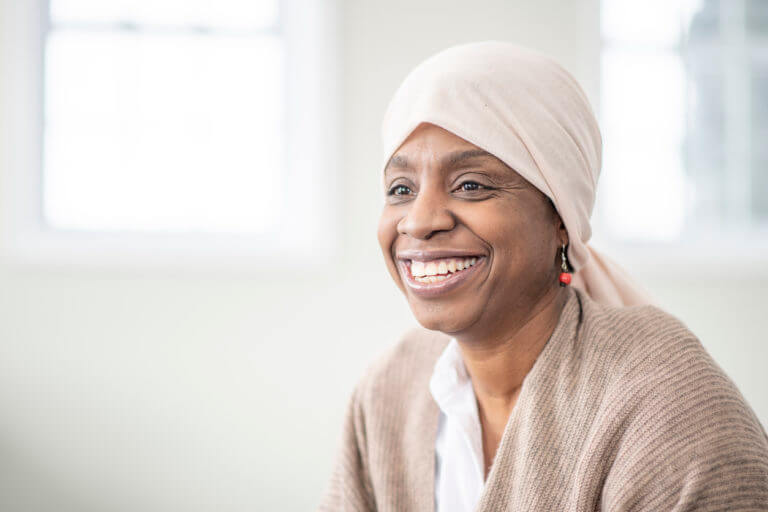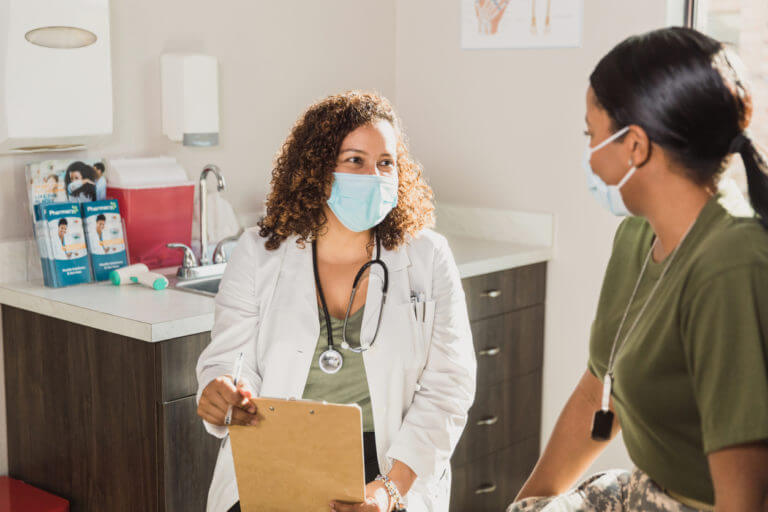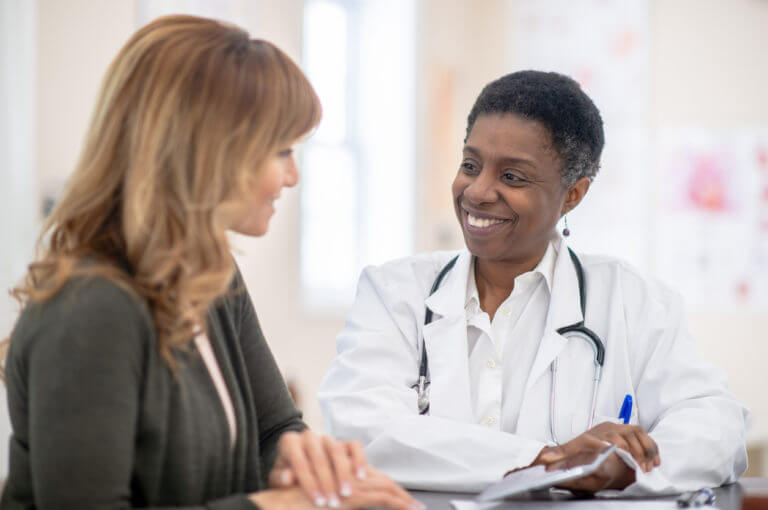If you are pregnant – or planning to become pregnant – chances are you’re already aware that there is more than one method for delivering a baby. In the event that you are unable to have a natural delivery, a caesarean section (c-section) may be necessary. A c-section is an operation in which a doctor
Read MoreTIPS TO OVERCOME ANXIETY ABOUT A GYNECOLOGIST VISIT
Does visiting a gynecologist make you nervous? A study conducted by Midwifery found that more than half of all women felt anxious or worried about undergoing a pelvic exam, so you’re not alone. There are any number of reasons why you might feel anxious about meeting with your gynecologist. If it’s your first pelvic exam, you may not know what
Read MoreObstetrician vs. Gynecologist: What’s the Difference?
Women’s health might seem confusing if you’ve never seen anyone but your primary care doctor for healthcare before. However, as a woman, it’s important to consult with an OB/GYN – which stands for obstetrician/gynecologist. This is a doctor who specifically caters to women’s reproductive and urinary health. Let’s discuss the differences and the overlapping similarities
Read MoreWhat a Urogynecologist Does?
Leaking urine, a feeling of fullness or pressure in your pelvis that is sometimes accompanied by low back pain, pelvic pain, foul-smelling vaginal discharge, and recurrent vaginal or urinary tract infections are symptoms that warrant a visit to a urogynecologist. A urogynecologist is a physician who has advanced training in the subspecialty of obstetrics and
Read MoreWhat Are Some Recommendations that My Women’s Health Doctor Could Give Me if I Want to Strengthen My Pelvic Floor After Pregnancy?
Having a baby is a wonderful thing, but pregnancy often results in some undesirable changes in a woman’s body. The good news is that most of these changes – such as weight change, stretch marks, a wider vagina, and erratic hormone levels – are temporary problems which can either be treated or eventually go away
Read MoreWomen’s Health for Cancer Prevention
According to the National Cancer Institute (a division of the U.S. Department of Health & Human Services), approximately 39.5% of women – nearly four in 10 – will be diagnosed with cancer at some point in their lives. The most common forms of the disease in women are skin, lung, breast, colorectal, cervical, and ovarian
Read MoreImportant Topics to Discuss with Your Gynecologist
Your gynecologic health is no doubt a key component of your overall health. If it gets out of synch, it can set off a cascade of problems that can also throw the other aspects of your health off-kilter. As such, even if you feel you’re totally alright, see your gynecologist regularly and make sure you
Read More10 Things Your Gynecologist Won’t Tell You
For many women, going to a gynecologist can be an awkward experience. For their doctor, it’s another story. While experienced gynecologists are specially trained medical professionals who have no inhibitions when it comes to examining patients, they do have some things they wish patients knew – but they don’t always know who needs to hear
Read MoreTop 10 Questions to Ask Your Gynecologist About Your Pap Results
If you have recently undergone a Pap smear, you know that it is an important method of screening used to detect any trace of cervical cancer and various other precancerous conditions in women. What you might not know is exactly what the results of a Pap test signify, and what treatment may be necessary if
Read MoreThings to Consider When Looking for a New OB/GYN
Whether you just found out that you’re pregnant or simply want to be proactive about your health, working with a competent and caring OB/GYN can make all the difference in your overall experience. Just like choosing any other medical provider, you should consider more than just whether a particular OB/GYN is covered by your
Read More












